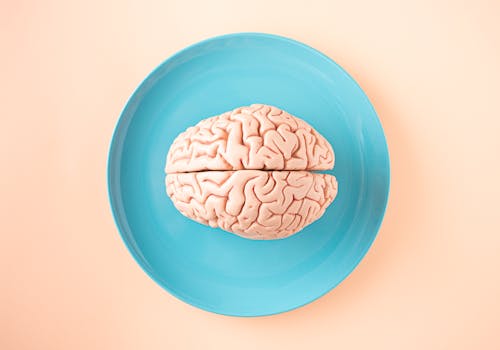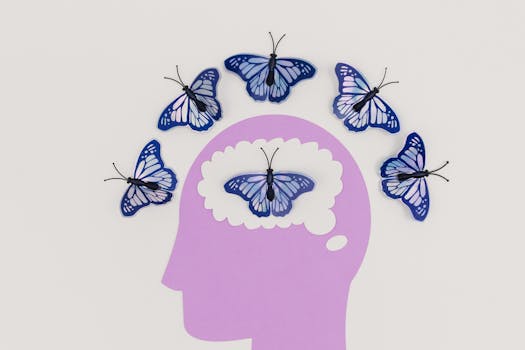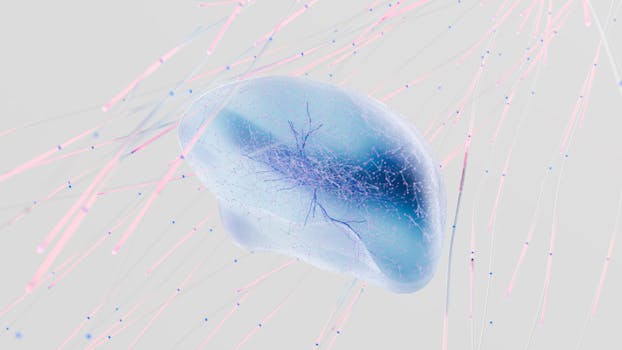
Introduction

The mysteries of the human brain have fascinated scientists and philosophers for centuries. Neuroscience breakthroughs continue to unlock the secrets of how our mind works, leading to revolutionary insights into human behavior, cognition, and emotion.
The Complexity of the Human Brain

The human brain is a complex organ composed of approximately 86 billion neurons interconnected through trillions of synapses. This intricate network not only governs our physiological functions but also influences our thoughts, memories, and emotions. Understanding this complexity is crucial for advancing neuroscience.
Recent Breakthroughs in Neuroscience

Recent breakthroughs in neuroscience research have provided new insights into brain functions. Techniques such as functional MRI (fMRI) and optogenetics have allowed scientists to observe brain activity in real-time, revealing how different regions of the brain communicate during various tasks.
Understanding Neuroplasticity

One of the most exciting areas of research is neuroplasticity, the brain’s ability to reorganize itself by forming new neural connections throughout life. This discovery has significant implications for recovery from brain injuries and neurodegenerative diseases, as it suggests that rehabilitation and learning can encourage the brain to adapt and heal.
The Future of Neuroscience

As technology advances, the future of neuroscience looks promising. Innovations like brain-computer interfaces (BCIs) hold the potential to revolutionize how we interact with technology and could lead to breakthroughs in treating mental health disorders and neurological conditions.
Conclusion

In conclusion, the exploration of the human brain is a continuously evolving field filled with mysteries and discoveries. With ongoing research and technological advancements, the future of neuroscience promises to unveil even more secrets of our most intricate organ.






